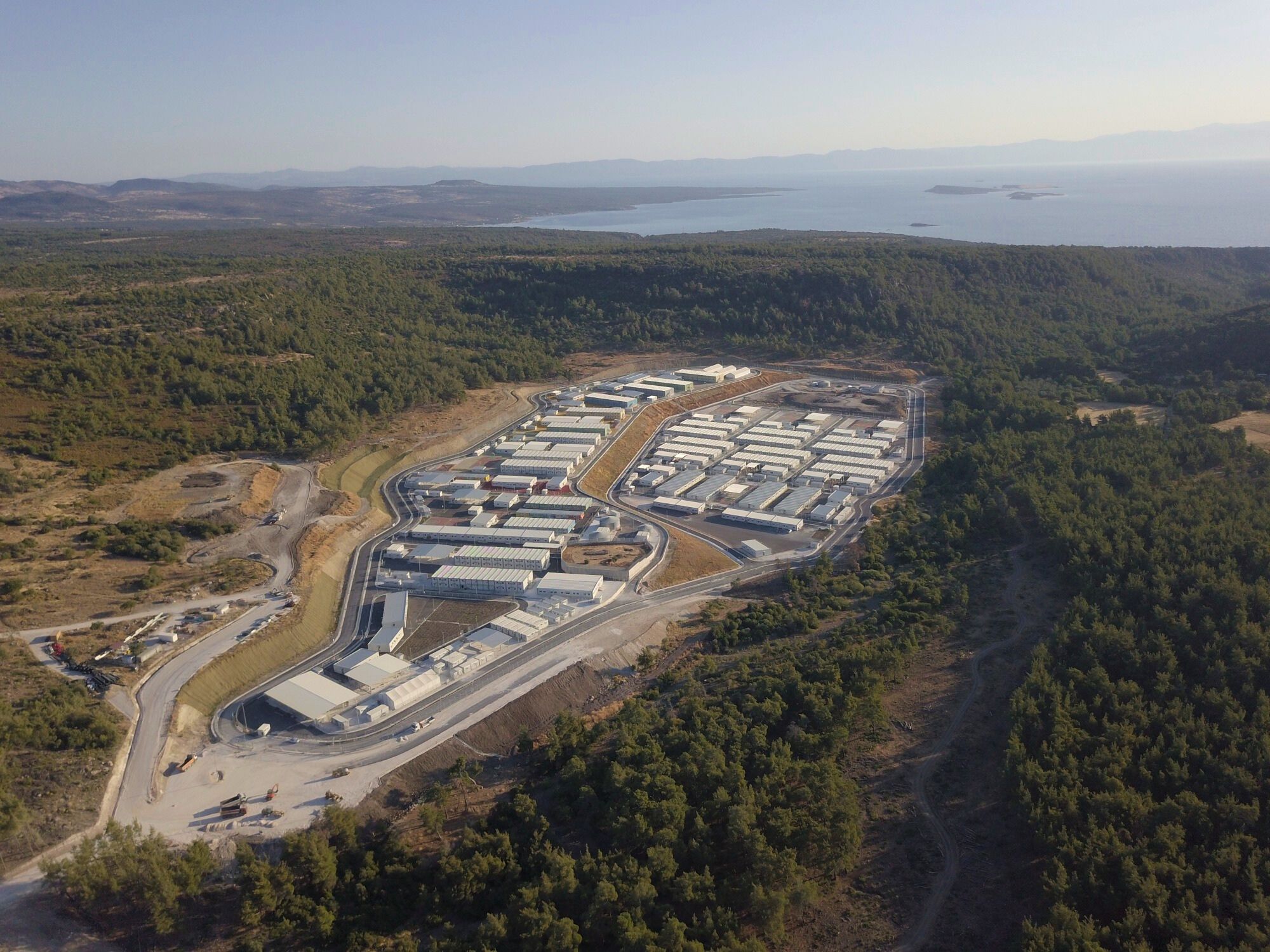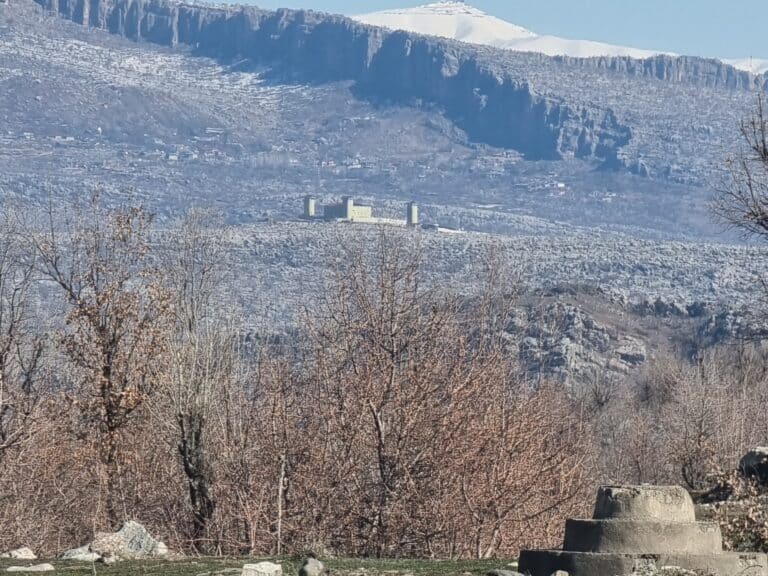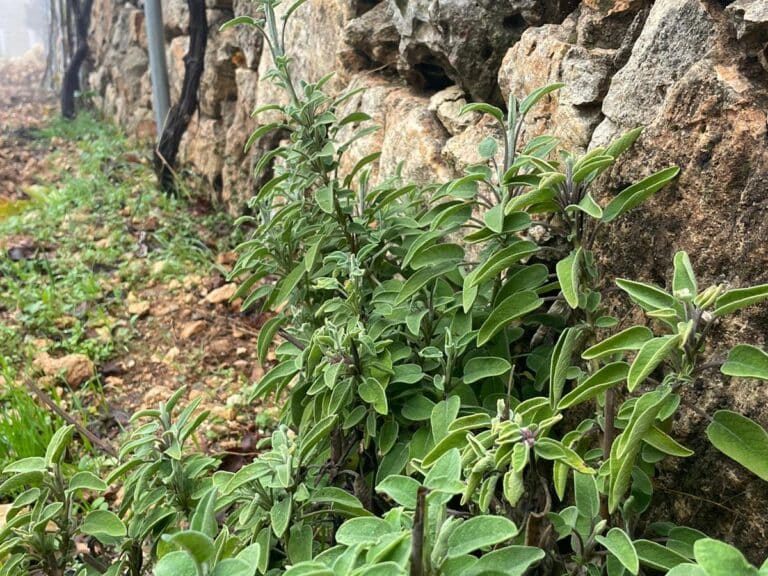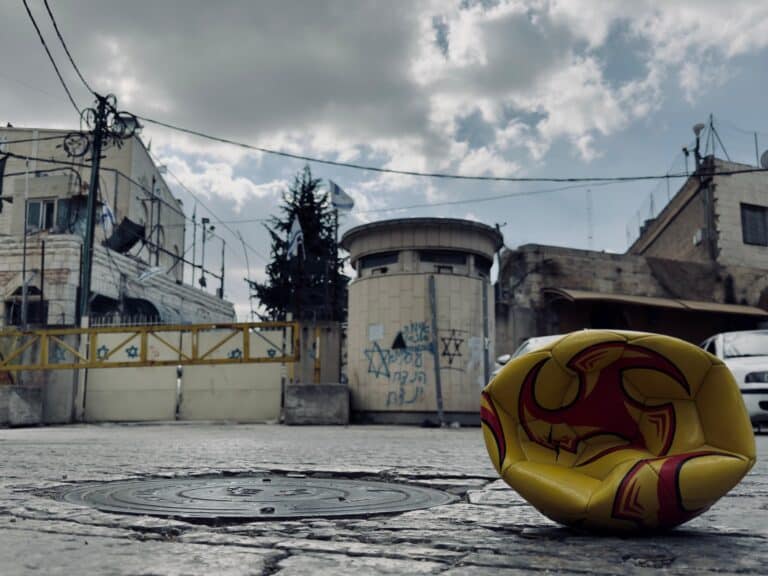Now nearing completion on the island of Lesvos, the Vastria Closed Controlled Access Centre – essentially a prison for people on the move – embodies the shift of both the Greek state and the European Commission towards increased control. Vastria CCAC is located in the middle of a pine forest at enormous risk of wildfires, posing serious danger to the lives and safety of a potential 5,000 detainees.
As we have already warned, for over four years the Greek Ministry of Migration and Asylum has bypassed environmental protections, ignored local opposition, and sidestepped legal rulings through piecemeal amendments and technical redesigns.
The opening of Vastria has been delayed over, among other things, a failure to allow full public consultation during a previous Environmental Impact Assessment (EIA), which was in any case inaccurate and misleading. Following legal appeals against it, the EIA was eventually withdrawn. The move was considered a procedural evasion ahead of an upcoming annulment hearing by the Council of State.
The new Environmental Impact Assessment for Vastria, Lesvos, has now been posted for public consultation. Meanwhile, the construction is almost completed, while the Ministry of Migration and Asylum is presenting a modified version of the same withdrawn study.
Two accompanying projects are added to the new EIA:
- the installation of a 2.5 MW photovoltaic power plant on an area of 26.3 km²; and
- the opening and development of a new, 4.6km-long escape road.
Part of the new road passes through the Natura 2000 protected area “Mount Olympus of Lesvos” (Code GR4110011), within the Important Bird Area “Mount Olympus and Pine Forest of Central Lesvos” (Code GR139), as well as within the Wildlife Refuge “Xampelia (N. Kydonies)”. Extensive widening works on the existing forest road have already been carried out for its construction, resulting in the clearing of a large number of trees.
At the same time, the problematic aspects of the previous study remain – such as the arbitrary evaluation of the water supply requirements, the relevant amount of liquid waste, and the fire safety measures, which remain reactive rather than preventive. In addition, the assessment of the project’s social impacts is completely absent.
The new EIA also includes a new water drilling project, 280 meters deep and with a capacity of 141,465 m³ per year, to meet water supply needs – a proposal that had been rejected in a previous study.
In our report, How to Build a Detention Center: the case of Vastria, we had already highlighted serious issues, errors, and omissions in the design of the detention facility, concerning both violations of the detainees’ fundamental rights and severe environmental impacts on one of the island’s most sensitive ecosystems.
The public consultation period for submitting objections and comments ends on 29 November, 2025. It is crucial to bring all these issues to light. Given the disastrous consequences it entails for both people and the environment, the Vastria facility cannot be allowed to be completed, nor can it go into operation.
In the links below you can find:
- the Environmental Impact Study (EIS) submitted for consultation (available only in Greek); and
- the report, How to Build a Detention Center: the case of Vastria, by CPT Aegean Migrant Solidarity.




